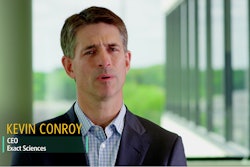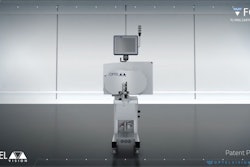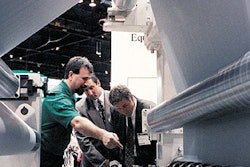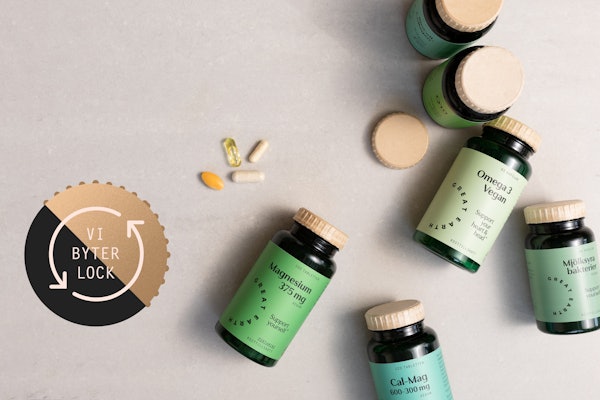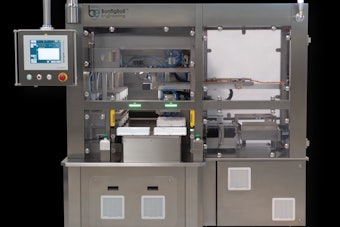A respondent from Prescription Solutions answered, "Take the time to look at all of the available solutions for your project. Do not settle for 'it's good enough' vendors. There are plenty out there willing to get projects done the way you need them done."
Along the same line of thought, a Cephalon respondent cautioned packagers to "evaluate suppliers carefully in advance. Identify deliverables and the timing associated with them." He suggested that packagers, "establish penalties for failures to meet agreed-upon deliverables."
A representative with Ranbaxy Laboratories in India said, "Any new machine should be in line with future requirements and [your company's] product pipeline, and [be] complementary to existing machine setups."
At Neopharma, a respondent said, "Machinery should be flexible to handle a wide range of options. Implementing the best, most innovative automated machines for efficiency" is important, as are "change parts for reducing changeovers."
"Apart from its main function, [machinery] should have [a] sensing and rejection system of all possible [instances of] noncompliance. For example, [a] labeling machine should have a sensor to check batch coding [to ensure it is] present, correct, and legible. It should also check the bar code's correctness," noted an Actavis Pharma respondent.
"Look for accuracy and the ability to handle fine adjustments," recommended a Wyeth representative. "This usually indicates robustness."
A retired Eli Lilly respondent suggested, "Printed materials and packaging machinery must be integrated at the beginning of any project. Engineers often design equipment where the tolerance is higher than the tolerance that can be met by printing operations-or they ignore critical design elements for printed materials and specify equipment that cannot accommodate those design tolerances."
A Medtronic person said, "Speed does not always help. Slow, but cost-effective, efficient equipment is the key to optimum performance."
A respondent from RRMC delivered a sobering bit of advice: "When you need it most, it will break. Plan extra time for malfunctions."
Another machinery-based observation came from a Pfizer respondent who commented, "There is no true 'off-the-shelf' machinery for pharmaceutical packaging, regardless of what vendors and corporate engineers are trying to sell you."
Along the same line of thought, a Cephalon respondent cautioned packagers to "evaluate suppliers carefully in advance. Identify deliverables and the timing associated with them." He suggested that packagers, "establish penalties for failures to meet agreed-upon deliverables."
A representative with Ranbaxy Laboratories in India said, "Any new machine should be in line with future requirements and [your company's] product pipeline, and [be] complementary to existing machine setups."
At Neopharma, a respondent said, "Machinery should be flexible to handle a wide range of options. Implementing the best, most innovative automated machines for efficiency" is important, as are "change parts for reducing changeovers."
"Apart from its main function, [machinery] should have [a] sensing and rejection system of all possible [instances of] noncompliance. For example, [a] labeling machine should have a sensor to check batch coding [to ensure it is] present, correct, and legible. It should also check the bar code's correctness," noted an Actavis Pharma respondent.
"Look for accuracy and the ability to handle fine adjustments," recommended a Wyeth representative. "This usually indicates robustness."
A retired Eli Lilly respondent suggested, "Printed materials and packaging machinery must be integrated at the beginning of any project. Engineers often design equipment where the tolerance is higher than the tolerance that can be met by printing operations-or they ignore critical design elements for printed materials and specify equipment that cannot accommodate those design tolerances."
A Medtronic person said, "Speed does not always help. Slow, but cost-effective, efficient equipment is the key to optimum performance."
A respondent from RRMC delivered a sobering bit of advice: "When you need it most, it will break. Plan extra time for malfunctions."
Another machinery-based observation came from a Pfizer respondent who commented, "There is no true 'off-the-shelf' machinery for pharmaceutical packaging, regardless of what vendors and corporate engineers are trying to sell you."



